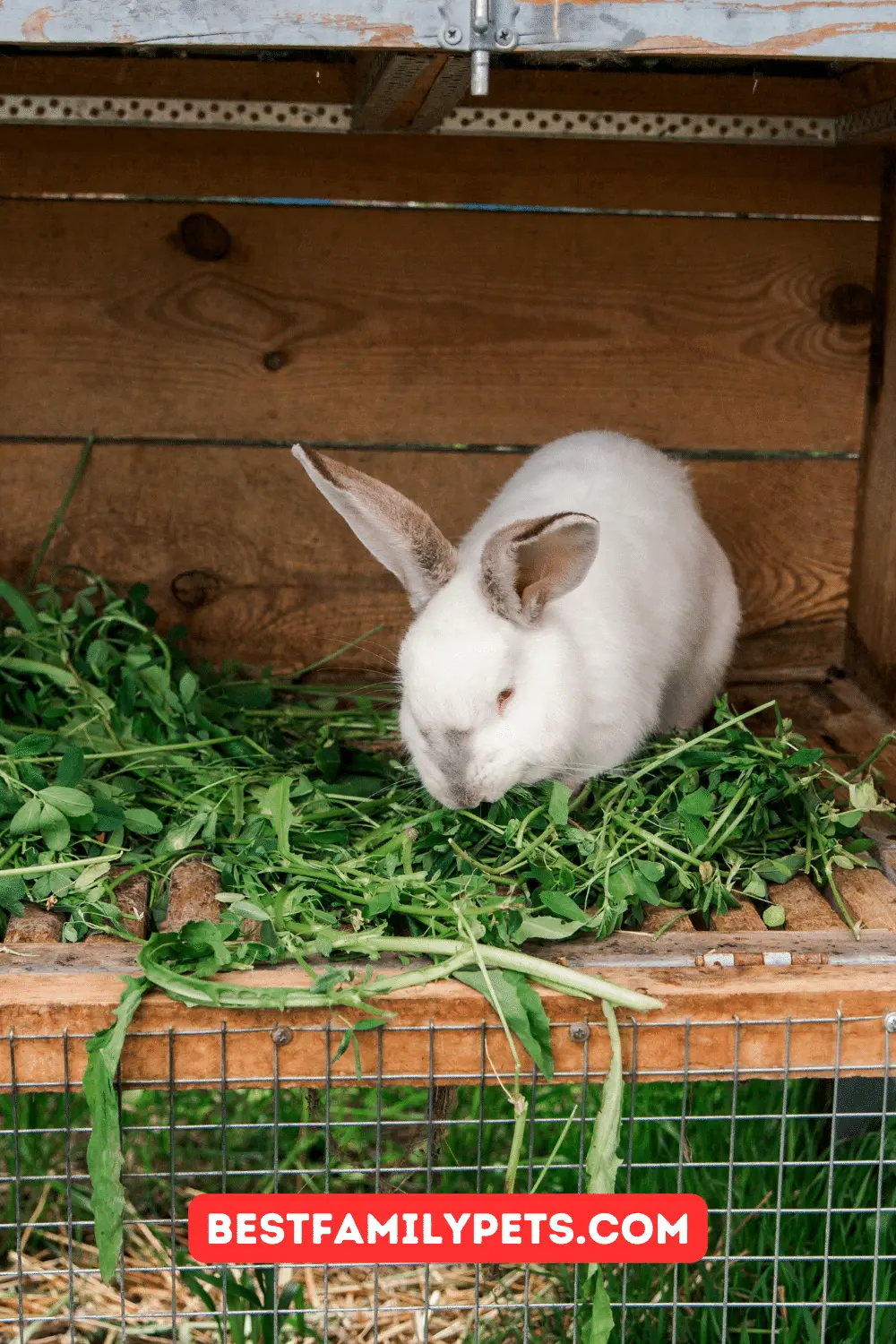Rabbit Behavior and Needs: A Guide to Happy Hopping
Unleash the happy hops! Explore rabbit behavior and needs for a thriving bunny companion. Learn about social instincts, diet, enrichment, and more!
Rabbits are charming and intelligent creatures, but they also have unique needs and behaviors that potential owners should understand. This guide delves into the fascinating world of rabbit behavior, providing insights into their social nature, dietary requirements, and the importance of enrichment for a happy and healthy bunny life.
Understanding Their Social Nature
- Social Animals: Rabbits are social creatures who thrive in the company of their own kind. In the wild, they live in groups called warrens, offering companionship, protection, and social interaction. While some rabbits can adapt to living alone, providing them with a compatible companion can significantly enhance their well-being.
- Bonding: Pairing rabbits requires a carefully managed process called bonding. This involves introducing rabbits gradually in a neutral space, allowing them to get acquainted through scent and observation before direct interaction. Consulting a rabbit-savvy vet or experienced owner can ensure a smooth and successful bonding experience.
- Body Language: Understanding rabbit body language is crucial for interpreting their emotions and needs. Thumping their feet indicates frustration or fear, while binkying (jumping in the air with a twist) expresses joy and excitement. Learning these subtle cues allows you to build trust and establish a strong connection with your rabbit.
Meeting Their Dietary Needs
- Hay is Essential: The foundation of a healthy rabbit diet is hay, providing essential fiber for proper digestion and maintaining healthy teeth. Choose high-quality hay, like timothy or orchard grass, and ensure they have constant access to it.
- Fresh Vegetables and Fruits: Supplement your rabbit’s diet with fresh vegetables and fruits in moderation. Leafy greens like kale and romaine lettuce, along with small amounts of carrots and berries, are excellent choices. Avoid sugary fruits and vegetables that can cause digestive issues.
- Limited Pellets: Rabbit pellets should be provided in limited quantities, as they are often high in calories and carbohydrates. Opt for pellets that are specifically formulated for rabbits according to their age and activity level.
Enrichment for a Happy Mind and Body
- Exercise is Key: Rabbits are naturally active creatures and require daily exercise outside their enclosure. Providing them with a spacious and secure area to hop, explore, and play is essential for their physical and mental well-being.
- Mental Stimulation: Rabbits are intelligent animals who need mental stimulation to prevent boredom and destructive behaviors. Offer them safe toys to chew on, create obstacles for them to navigate, and rotate their toys regularly to keep them engaged.
- Foraging Fun: Encourage natural foraging instincts by scattering their hay and treats around their enclosure. This mimics their natural behavior and provides them with mental stimulation while they search for food.
Additional Resources:
- The House Rabbit Society: https://rabbit.org/
- Rabbit Welfare Association & Fund: https://rabbitwelfare.co.uk/
- RSPCA Rabbit Advice: https://www.rspca.org.uk/adviceandwelfare/pets/rabbits
- Medivet: Common and Abnormal Rabbit Behaviours: https://www.rabbitcaretips.com/why-do-rabbits-attack-each-other/
- The Guide to Rabbit Behaviour: https://oxbowanimalhealth.com/blog/from-burrow-to-bedroom-rabbit-behaviors-and-their-instinctual-origins/
Frequently Asked Questions:
- Can rabbits live alone? While some rabbits adapt to living alone, providing them with a compatible companion is generally recommended for their well-being.
- How much space do rabbits need? Ideally, rabbits require a minimum of 4 times their body length in space to hop, run, and exercise comfortably.
- What toys are safe for rabbits? Look for toys made from natural materials like untreated wood, cardboard, and hay. Avoid toys with small parts or sharp edges that could cause injury.
- Can rabbits be litter trained? Yes, rabbits can be litter trained with patience and consistency. Use a rabbit-specific litter box and provide them with hay-based litter.
- How long do rabbits typically live? With proper care, rabbits can live for 8-12 years.
By understanding their natural behaviors and providing them with the necessary care and environment, you can create a fulfilling and enriching life for your furry friend. Remember, rabbits are sentient beings with unique needs, and responsible ownership requires commitment and dedicated care.
You may also like these:
-

The Importance of Size in Rabbit Habitats
-



Cleaning and Maintaining Rabbit Accommodations
-



Rabbit Houses and Their Features: Creating a Safe and Happy Home for Your Bunny
-


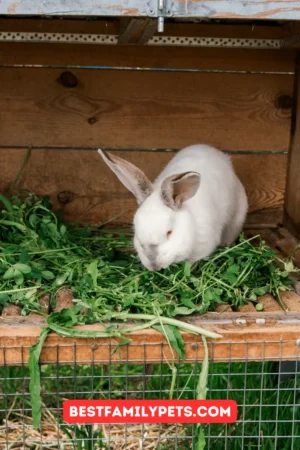
Rabbit Behavior and Needs: A Guide to Happy Hopping
-


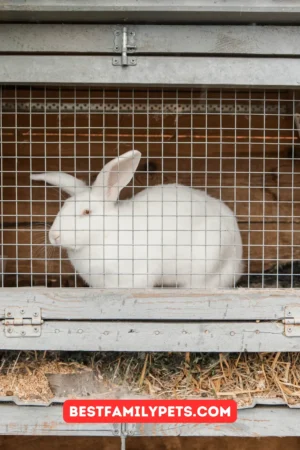
How to Choose a Rabbit Cage: A Guide to Rabbit Cages
-



How to Choose a Rabbit Hutch: A Guide for Happy Hoppers
-


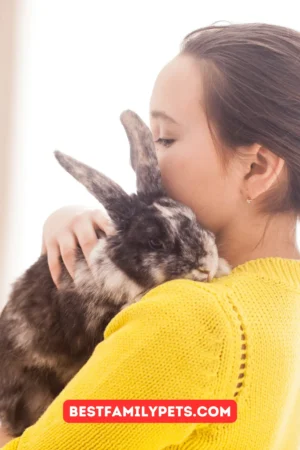
Rabbit Care Essentials: Keeping Your Bunny Happy and Healthy
-



Rabbit Habitats in Melbourne: A Comprehensive Guide
-


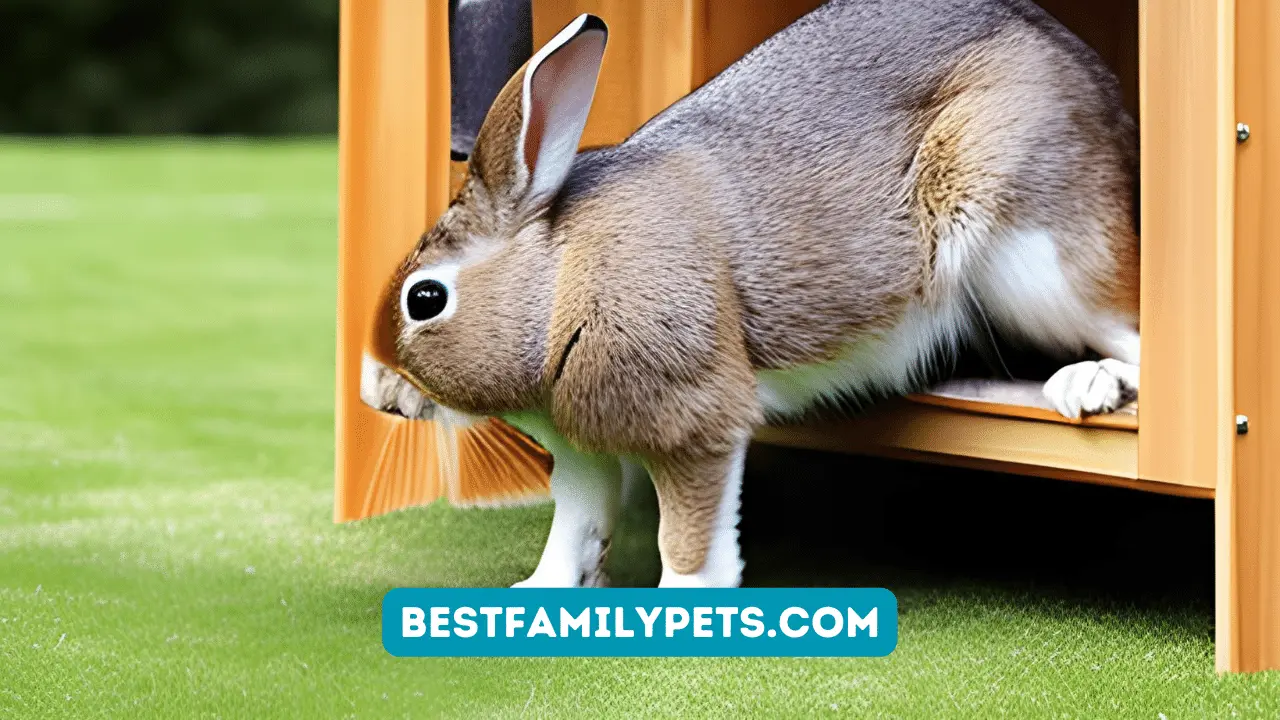
Is Buying a Second-Hand Rabbit Hutch a Good Idea?
-



Top 10 Best Selling List for Rabbit Bed Large Pink
-



Trixie Natura Rabbit Hutch With Outdoor Run
-


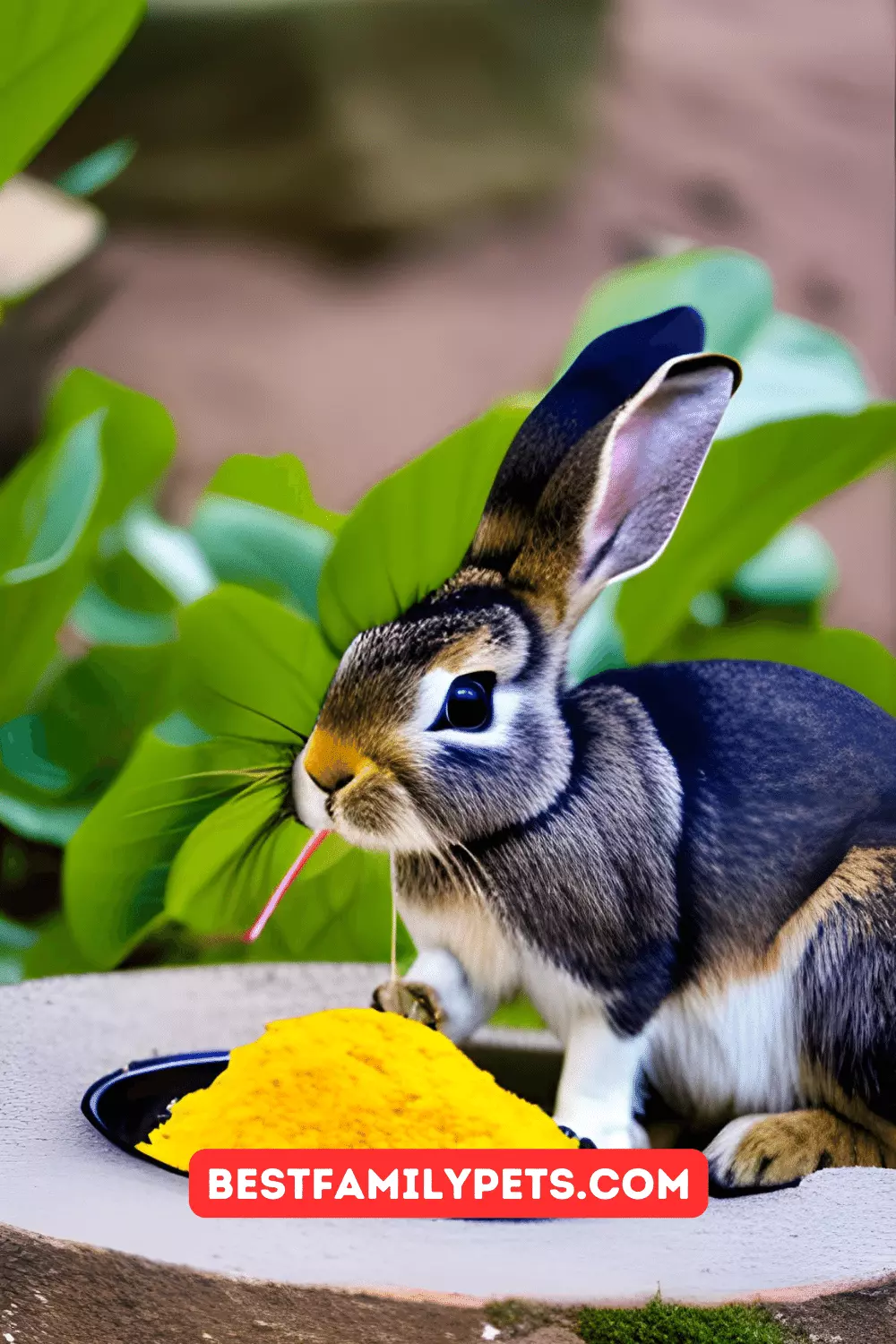
Rabbit Food: Which One is Best?
-



What Does Rabbit Taste like?
-



Rabbit Hutches, Cages & Houses for Sale in Melbourne
-


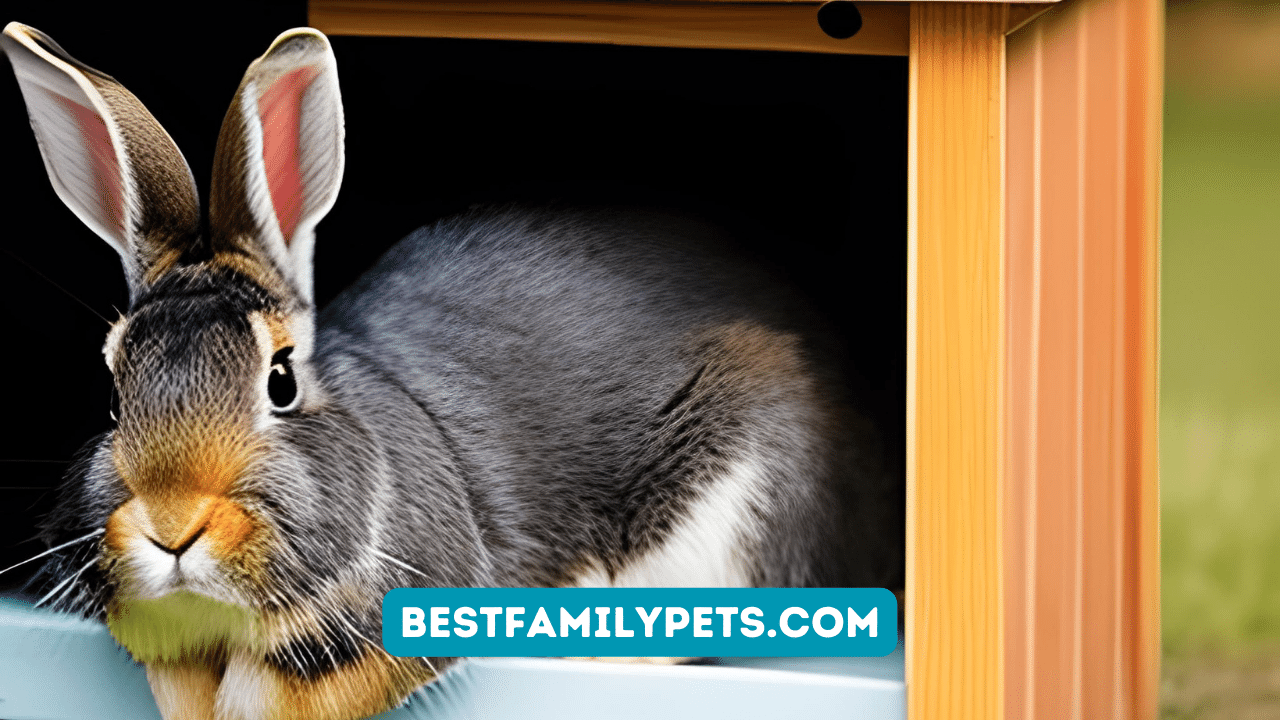
The Great and Small Rabbit Hutch: Finding the Perfect Fit

